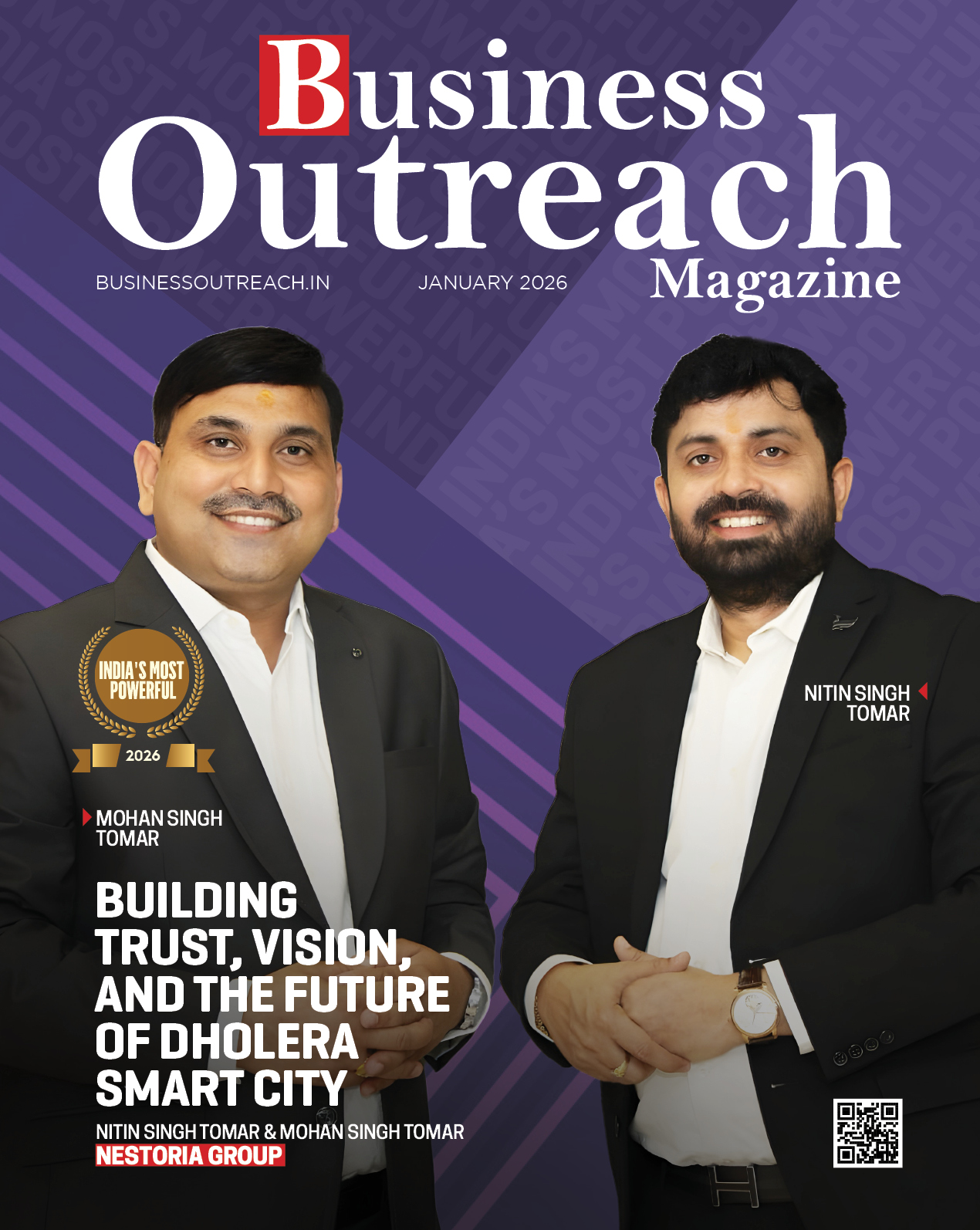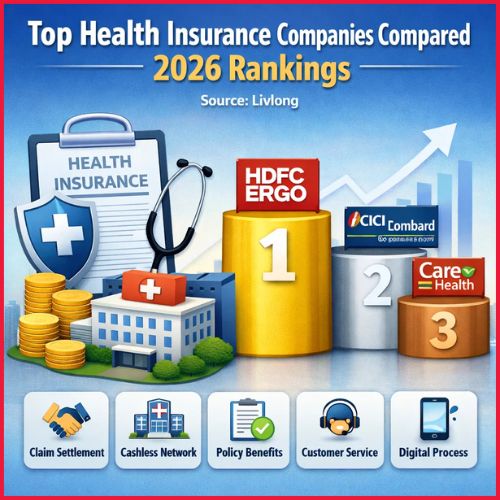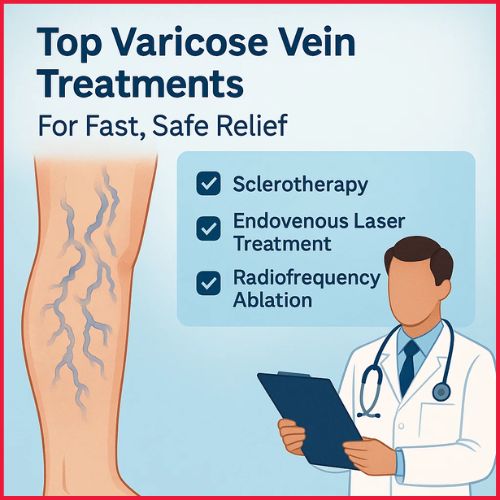The need for digital transformation is critical within the healthcare industry as it has been facing many unprecedented challenges. The recent COVID-19 pandemic has accelerated emerging trends in the industry that include digitalization, big data, and artificial intelligence. This article provides an overview of key trends shaping the future health systems and offers insights into how digital transformation can play a significant role in addressing these challenges.
Innovation in healthcare technology is progressing rapidly. Artificial Intelligence (AI), telemedicine, and robotic surgery are just some of the new technologies that are making waves in the business. At the same time, patients are becoming more informed about their healthcare options and seeking greater transparency from their doctors and health systems.
Vinay K Mayer, Director- Marketing Research & Consulting @ Asia Research Partners LLP talks about how healthcare has been a priority for the Indian government ever since it was initially introduced with the Ayushman Bharat Digital Mission that was recently expanded upon in the Union budget. The recent announcements included budget provisions for better mental healthcare for all citizens. He also mentions that the Indian government has been working to create a more standardized and connected Digital Healthcare Ecosystem and this push continues.
On-Demand Healthcare is the Future
With more people working irregular schedules and seeking on-demand healthcare at convenient times, digital technology has opened up new opportunities in the industry. Mobile devices have become valuable tools that help doctors provide better care while working smarter. And perhaps most importantly, this new technology allows them to offer personalized patient services that improve lives.
A recent study found that 73% of consumers are expecting better experiences with their healthcare providers. They’re also demanding more convenient and accessible care: 59% want to be able to communicate with their doctor on-demand in any way they choose.
Using Telemedicine to bridge the gap between doctors and patients
Telemedicine has made great strides in the healthcare industry. The estimated total population of India is approximately 1.38 billion people, but there are not enough hospitals and healthcare workers to meet the needs of its citizens.
In this scenario, telemedicine can help provide the medical attention necessary for citizens from their homes via the internet which is a much more convenient solution for those who live rurally than traveling hours away from home for treatment with no guarantee it will increase one’s odds of recovery.
Using Predictive Analytics to Improve Healthcare Outcomes
Healthcare organizations are trying to enhance patient outcomes through predictive analytics. The advancements in technology have given the healthcare industry a strong impetus towards data-driven innovation and informed decision-making. By using Big Data & Predictive Analytics, and Informatics, healthcare companies can predict what illnesses and diseases will become major problems in the future. By combining large volumes of patient data with complex algorithms and predictive models, physicians can now make more accurate predictions about a patient’s future needs.
Furthermore, they can develop healthy lifestyle recommendations for their patients based on this information.
The Future of Healthcare: AI-powered Treatment
Artificial Intelligence is turning out to be the next big thing in the healthcare industry.
AI technology is being applied to a range of healthcare industry verticals, including medical imaging, healthcare monitoring, and wellness. For example, AI-powered visual recognition algorithms are helping radiologists detect cancerous tissues in medical images more efficiently than ever before.
From applications that can identify rare diseases to chatbots and virtual health assistants, artificial intelligence-powered technology is transforming how we approach medicine. A computer program designed to automate conversations between patients and healthcare professionals through instant messaging (IM), AI-enabled chatbots interact with patients in a more natural and personal way than computers can. The use of chatbots will not only reduce costs but also eliminate unnecessary paperwork and hospital visits.
Using 5G to deliver medicine in a new way
5G will eventually deliver many more connected applications that go far beyond our expectations. 5G will have the ability to deliver fast mobile internet speeds which will enable wireless connections at the point of care. This means that even if a doctor is out in the field, they could still connect with a patient’s data and provide appropriate care based on their specific needs and genetics. It also means that patients may no longer have to wait and come into the hospital, instead of receiving treatment by proactive monitoring or when they need it and where they need it. And 5G networks can support the delivery of personalized on-demand medicine at home or in the office, or even implant a device that will dispense your medicine for you through wireless administration modalities like conductive ink printing, etc.
What is the potential of blockchain in healthcare?
Blockchain is one of the groundbreaking technologies, which has gained its foothold in the healthcare industry owing to its ability to store data, maintain security, and control access. It is currently being used to improve and streamline medical record management, which can easily be done through a single patient profile. The blockchain is also being used by medical researchers to collect data on patients anonymously – without risking any breach of privacy or security.
However, data security is a big issue in today’s scenario, as technological advancements make blockchain data more vulnerable to alteration and misuse.
Blockchain technology is bringing to the table many healthcare opportunities, but several challenges must be addressed before healthcare organizations can adapt it to their industry. As a result of the tech being relatively new, there are still many problems that need to be solved before it could have any substantial impact on medicine.
Conclusion
Given the critical need for change and improvement in the industry, the healthcare industry is ripe for digital disruption and innovation. From medical devices to telemedicine and from robotics to wearables, digital technology affects virtually every aspect of life in the healthcare industry already. Current innovations are only a sign of things yet to come and with endless areas left for exploration in this rapidly advancing industry, any healthcare innovator would be well advised to keep their eyes open for what’s next!
The article is authored by Vinay K Mayer, Director- Marketing Research & Consulting @ Asia Research Partners LLP.















